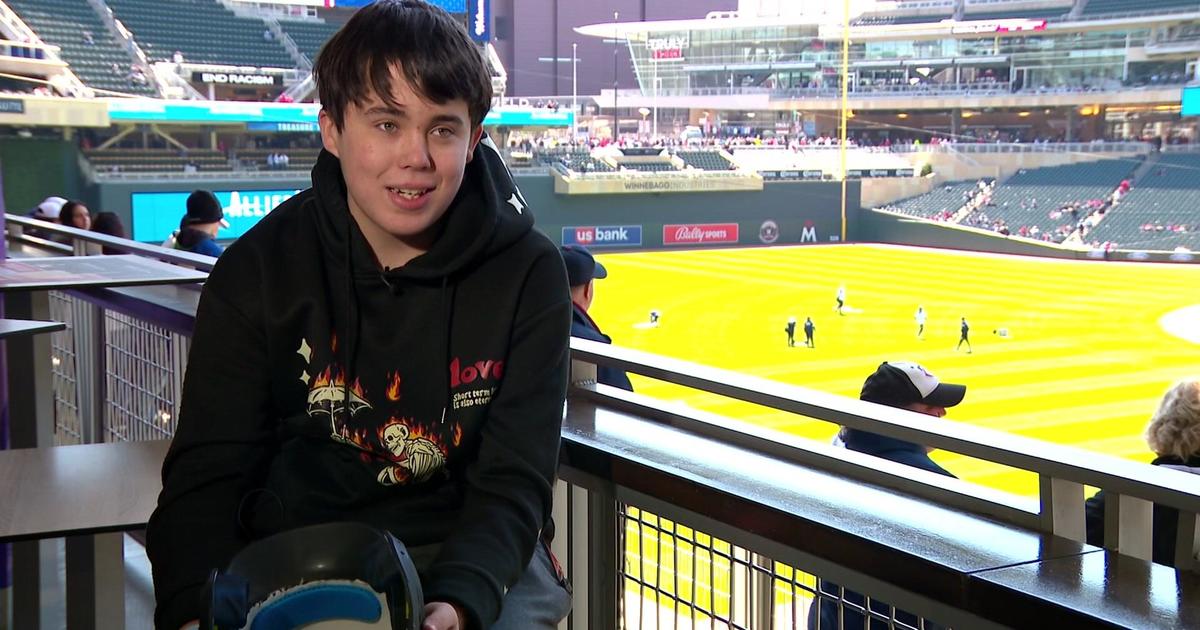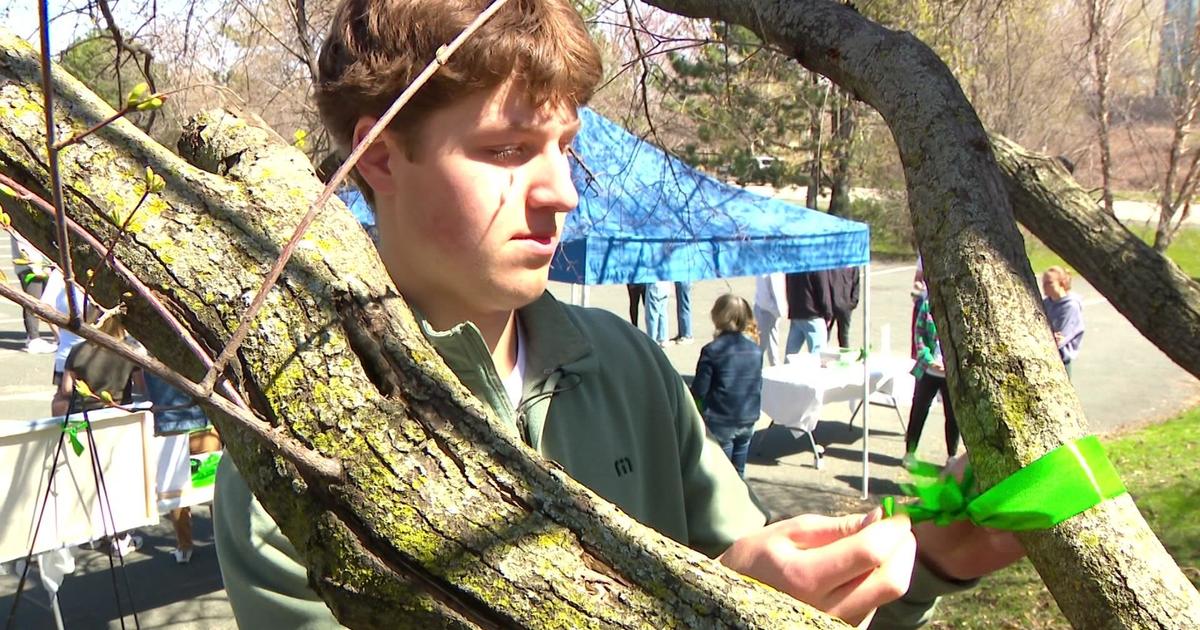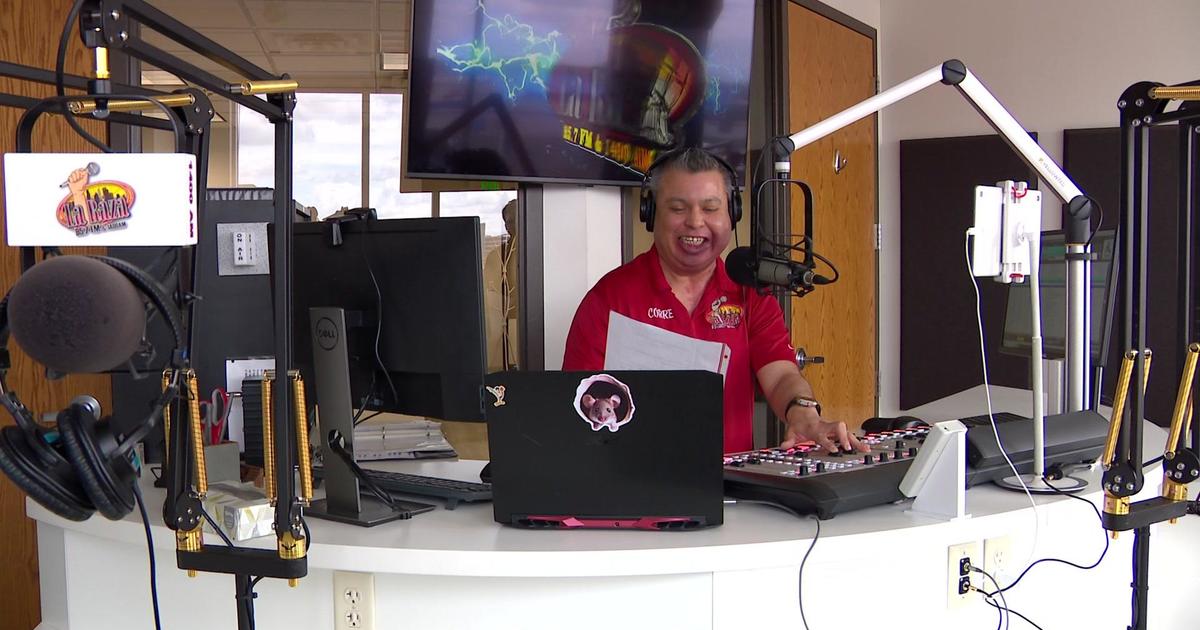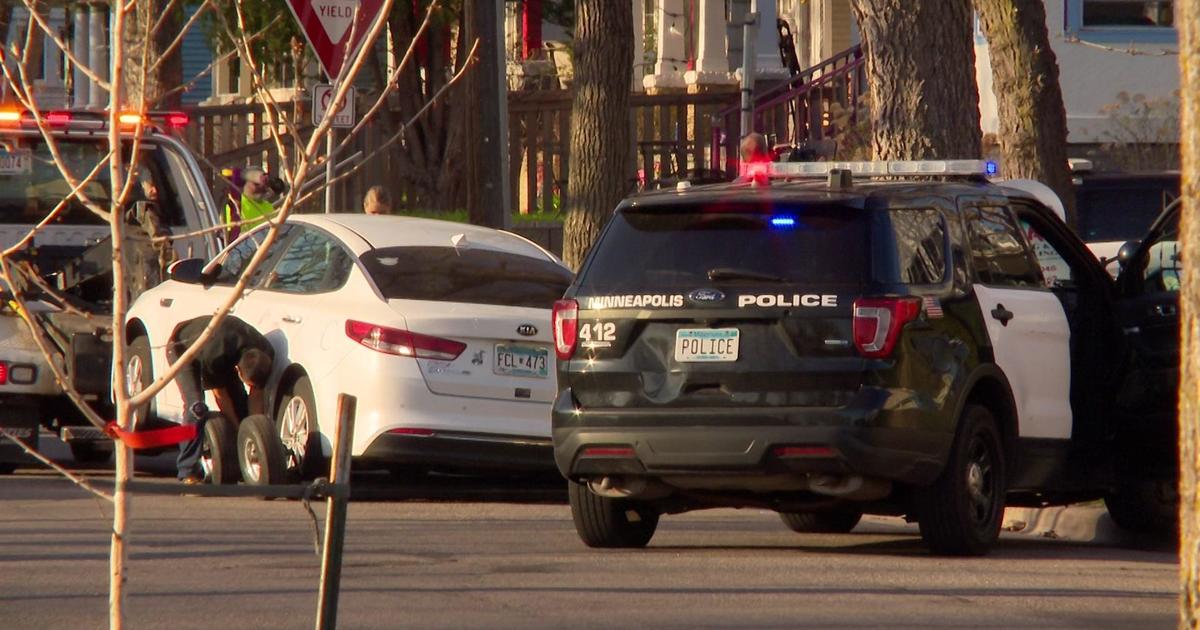Will COVID Kill Cash?
MINNEAPOLIS (WCCO) -- Every year, customers are using less cash at shops and restaurants. During the pandemic, buying online or paying with an app have surged even more. So, what does that mean for the future of money?
Will COVID kill cash? Good Question.
At the Mall of America on Wednesday afternoon, visitors were split on how much cash they use – even in this era of contactless payment and cashless stores.
Some said they only use it for tips or bingo, while some don't use it at all. Others said they always carry it on them because it helps it helps them control their spending or they use it for small purchases.
Augsburg economist Jeanne Boeh said COVID has changed the way Americans pay for things.
"It has, but not as much as people think," she said.
According to the Federal Reserve Bank of San Francisco, 31% of payments in the U.S. were in cash in 2016. That's followed by debit (27%), credit (18%), electronic (10%) and check (7%). By 2019, cash had fallen to 26%, while debit rose to 30% and credit to 24%. Checks fell to 5% while electronic went up to 11%
"We were already on this path and it just sped up the process," Boeh said.
Official 2020 payment numbers from the Federal Reserve aren't available yet, but a survey from Square did find a drop in usage of cash during the pandemic. In August of 2019, 43% of Square transactions were in cash compared to August of 2020 where 33% percent were paid with cash.
"The question is when we go back, how many people will go back to old patterns,"Boeh said.
Some experts believe those old patterns will live on. According to a 2020 Federal Reserve survey, 70% of Americans said they were not avoiding the use of cash during the pandemic.
"We have seen a shift back to cash that we didn't see during the pandemic as more things open up," said Nic Peterson, the vice president of Payment Systems at Affinity Plus Federal Credit Union.
Peterson pointed out that after the most recent round of stimulus checks were deposited in customers' accounts, Affinity Plus saw a record number of cash withdrawals.
Boeh also points out that a move to cashless society requires trust in government and banking. It also requires there be more resources for people who don't have access to a bank or credit union. According to the FDIC, 7 million American households – or 5% of the population – don't have a bank or credit union.
"There's a whole lot of people who aren't banked and need cash in order to survive," Boeh said.
In 2019, almost half of purchases under $10 were made in cash.
In 10 years, Boeh expects people to be using even far less cash than they are now, but that it will still be available.



